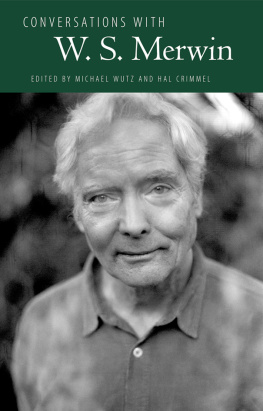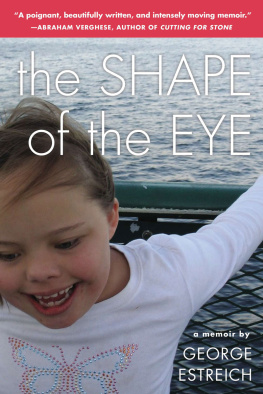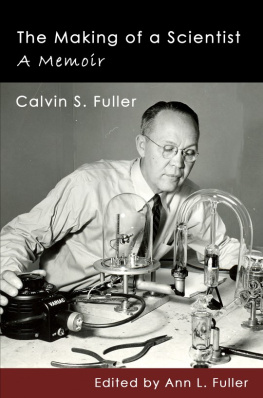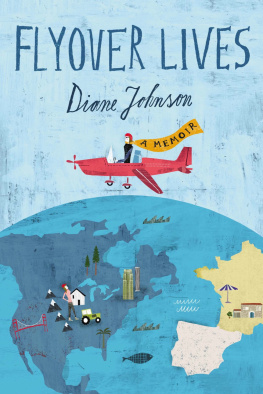Unframed Originals

Books by W. S. Merwin
POEMS
Selected Poems
The Pupil
The River Sound
The Folding Cliffs
The Vixen
Travels
The Rain in the Trees
Opening the Hand
Finding the Islands
The Compass Flower
The First Four Books of Poems
The Carrier Ladders
The Lice
The Moving Target
The Drunk in the Furnace
Green with Beasts
The Dancing Bears
A Mask for Janus
PROSE
The Mays of Ventadorn
The Lost Upland
Unframed Originals
Regions of Memory
Houses and Travellers
The Miners Pale Children
TRANSLATIONS
Sir Gawain and the Green Knight
Dantes Purgatorio
East Window: The Asian Translations
From the Spanish Morning
Four French Plays
Vertical Poetry (Poems by Roberto Juarroz)
Pieces of Shadow: Selected Poems of Jaime Sabines
Selected Translations 19681978
Osip Mandelstam, Selected Poems (with Clarence Brown)
Asian Figures
Transparence of the World (Poems by Jean Follain)
Voices (Poems by Antonio Porchia)
Products of the Perfected Civilization (Selected Writings of Chamfort)
Twenty Love Poems and a Song of Despair
(Poems by Pablo Neruda)
Selected Translations 19481968
The Song of Roland
Lazarillo de Tormes
Spanish Ballads
The Satires of Persius
The Poem of the Cid
Recollections by
W. S. Merwin

UNFRAMED
ORIGINALS
COUNTERPOINT
BERKELEY
Copyright 1980, 1981, 1982, 1994 by W. S. Merwin
First published in hardcover in 1982 by Atheneum.
First Shoemaker & Hoard paperback edition 2005.
All rights reserved. No part of this book may be used or reproduced in any manner whatsoever without written permission from the Publisher, except in the case of brief quotations embodied in critical articles and reviews.
Tomatoes first appeared in Grand Street; Mary and The Skyline first appeared in Antaeus. Excerpts from Hotel and La Pia appeared in The New Yorker with the titles A House Abroad and Anna; Laurie first appeared in The Iowa Review.
Library of Congress Cataloging-in-Publication Data
ISBN 978-1-59376-034-2
Merwin, W. S. (William Stanley).
Unframed originals: recollections / by W. S. Merwin.
p. cm.
1. Merwin, W. S. (William Stanley.Childhood and youth. 2 Poets, American20th centuryBiography
I. Title.
PS3563.E75Z4761994
811.54dc209343426
Printed in the United States of America
COUNTERPOINT
2560 Ninth Street, Suite 318
Berkeley, CA 94710
www.counterpointpress.com
Distributed by Publishers Group West
109876543
FOR MY SISTER RUTH

Note

The different sections of this book were written as separate pieces, at intervals over a period of several years. Each was intended to stand by itself, but each was part of the whole enterprise; they are the product of a single impulse.
The aim was not a chronological reconstruction, but a presentation of things that originally happened in sequence but now occur in the same moment in my mind, and so have become simultaneous, like flakes of snow that have fallen from different heights into the sea.
Each of the pieces is made up of reflections of other people. The one memory in which all those lives still appear is what now unites them.
Contents

Foreword to the 1994 Edition

A S most children do, I suppose, I took it for granted that the things I saw around me every day had always been just as they appeared when I saw them. That was the way they were. At the same time, I learned quite early that they had come to be from a time before, when they had been different. The contradiction, after all, survives childhood and becomes part of what we continue to think of as the present. But when I tried to inquire where things and people had come from and what they had been like before, I knew then it was like trying to fly. No one else seemed to encourage the enterprise, and again and again silence closed over it. The urge to know, and the frustration that accompanied it, continued through my childhood, and when my parents died, my efforts to find out their own stories and origins had not come to much.
They had told me odds and ends, from time to time. There were little collections of old photographs that I had not seen in my parents lifetimes. Some were pictures of people I could not identify, and whom nobody by then would ever be able to identify. There were scraps of diaries, not journals, but simply recordsvisits, appointments, expendituresmost of them my mothers, for she was a careful and orderly person. Indeed, she kept notes of many things as they occurred, including telephone conversations as she listened, but she did so in a shorthand that she herself had evolved, which she declared proudly was an absolute secret and would never be read by anyone else. Even so, she destroyed almost everything of the kind, including letters. Late in life, at my persistent urging, she wrote down some sparse notes about her immediate forebears, on a half-used yellow legal pad, but she stopped after a few pages.
I think I understand something about her reserve. She had been an orphanher own plain word for the plain factsince she had been a small child. Both parents died when she was still virtually in her infancy. Then the grandmother who brought her up in Pittsburgh for several years in respectable poverty died, too. Then her elder brother, her only brother, Morris, took care of her out of his first wages for a few years, and he also died, in his early twenties. By that time she had prepared herself to earn a living as a secretaryand she was proud of her superlative secretarial skills. They became part of her: exact and thorough and not given to divulgence. She made it clear that she preferred not to talk about her early life, and what she remembered of it I can only guess. Its faces were gone, and she did not return physically to its scenes. Once, driving in Ohio, perhaps before I was born (I remember it only because I was told about it), she had asked my father to make a side trip to see Cheshire, the town along the river which she had not seen since she had left as a small child. When my father was driving he did not like stopping at places he had not thought of himself. He took no interest in my mothers family and as I remember the story they did not even drive through the town. She said that she had wanted to see the cemetery.









